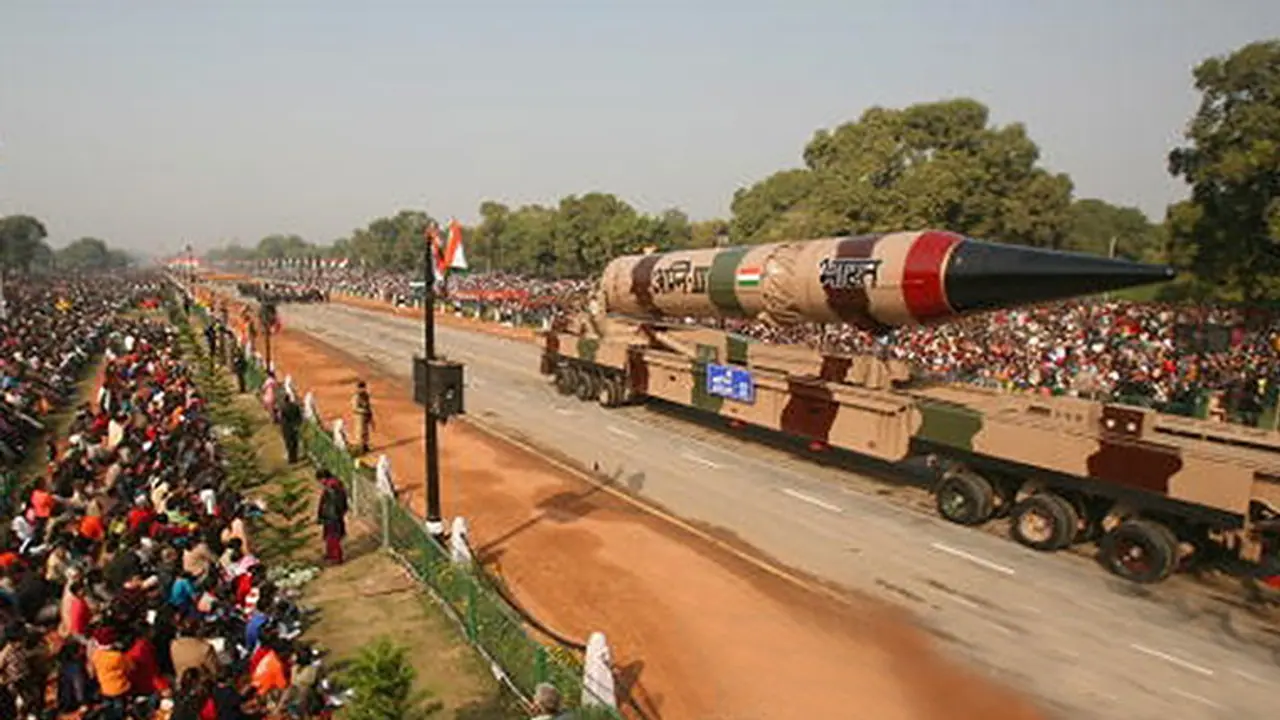Prime Minister Narendra Modi is all set to meet Chinese President Xi Jinping in Tashkent today to discuss India’s entry into the Nuclear Suppliers Group (NSG).

Here’s all you need to know about NSG and how the membership will benefit India
What is NSG?
The Nuclear Suppliers Group (NSG) is group of nuclear supplier countries that controls the export of materials, equipment and technology that can be used to manufacture nuclear weapons
Why was it founded?
The NSG was founded in response to the Indian nuclear test in May 1974 test that demonstrated nuclear technology could be readily turned to weapons development. India's secret development caused great concern and anger globally.
Why does India want membership into the NSG?
An NSG’s membership will help India expand its atomic energy sector as only NSG’s members are allowed to trade in and export nuclear technology. India being a non-NPT member complicates it’s acceptance into the NSG.
What is the Non-Proliferation Treaty (NPT)?
The Treaty on the Non-Proliferation of Nuclear Weapons (NPT) is an international treaty whose objective is to prevent the spread of nuclear weapons and technology. A total of 191 states have joined the Treaty.
The treaty recognises five states as nuclear-weapon states: the United States, Russia, the United Kingdom, France, and China
Why did India not sign the NPT (non-proliferation treaty)?
If India’s signs the NPT India will have to give up its entire nuclear arsenal and curb further nuclear weapon tests. Given its highly unpredictable and volatile neighbourhood, India is unwilling to sign the NPT and give up its nuclear weapons.
How many nuclear weapons does India have?
India has an estimated stockpile of around 90–110 nuclear warheads and enough civilian plutonium to make 1,000 nuclear weapons. India, however, is not recognised as a nuclear-weapon state
What are nuclear-weapon states?
The NPT recognises five states as nuclear-weapon states: the United States, Russia, the United Kingdom, France, and China
Other countries known to possess nuclear weapons
India, Pakistan and North Korea have openly tested and declared that they possess nuclear weapons, while Israel has had a policy of opacity regarding its nuclear weapons program.
Pros and Cons of becoming an NSG member
Access to technology for a range of uses from medicine to building nuclear power plants for India
Access to technology can help scale up nuclear power production thereby reducing India’s dependence on fossil fuel
India can commercialise the production of nuclear power equipment thereby creating an entire nuclear industry that will help boost the economy
If India gets membership into the NSG it can stop Pakistan from becoming a member
Who's for and against India's NSG membership
Backing India’s bid, France and the US are leaning on the NSG members to arrive at a “positive decision”
However, Pakistan, South Africa, China, New Zealand, Ireland, Turkey and Austria are still opposed to a non-NPT country (India) being granted entry into the Nuclear Suppliers Group.
